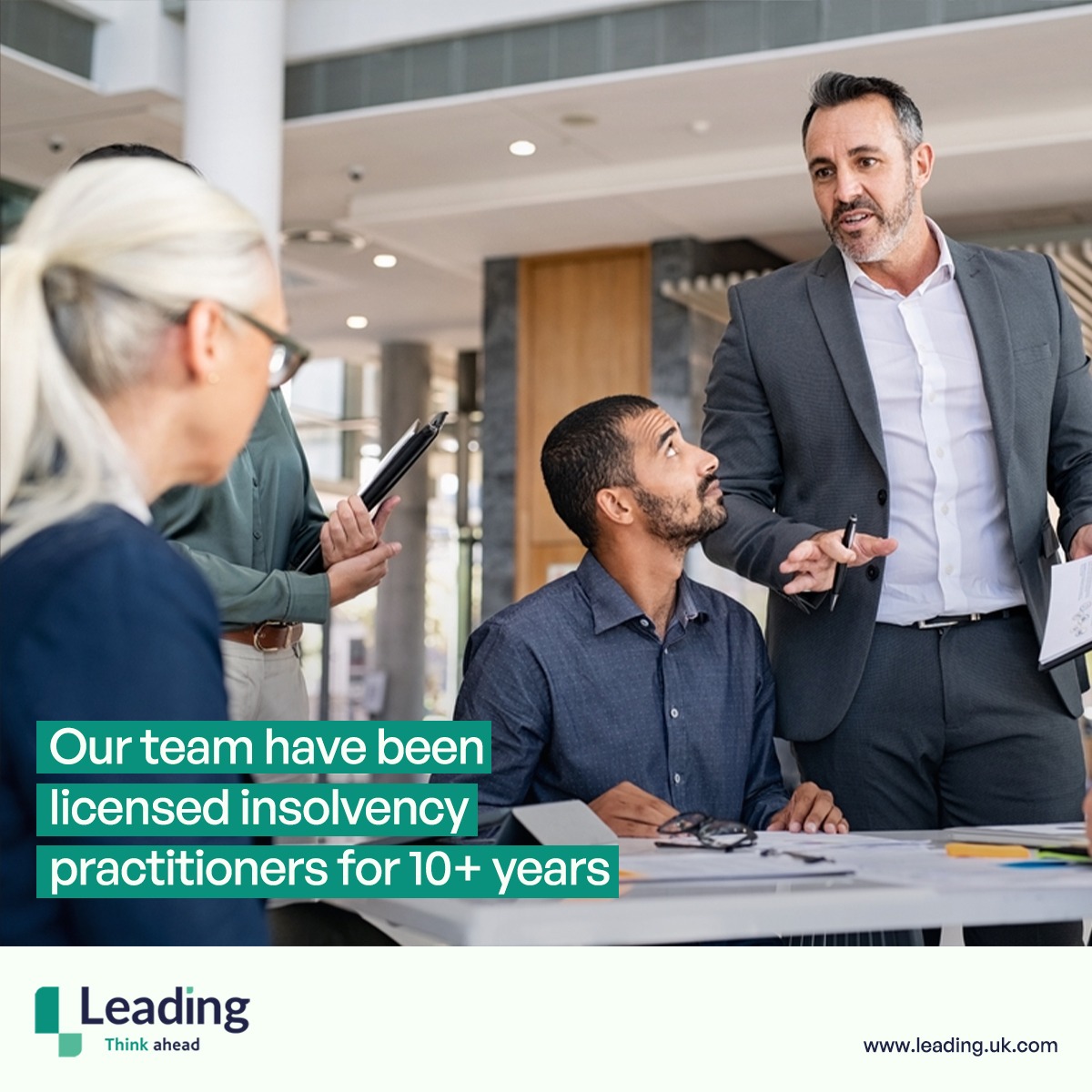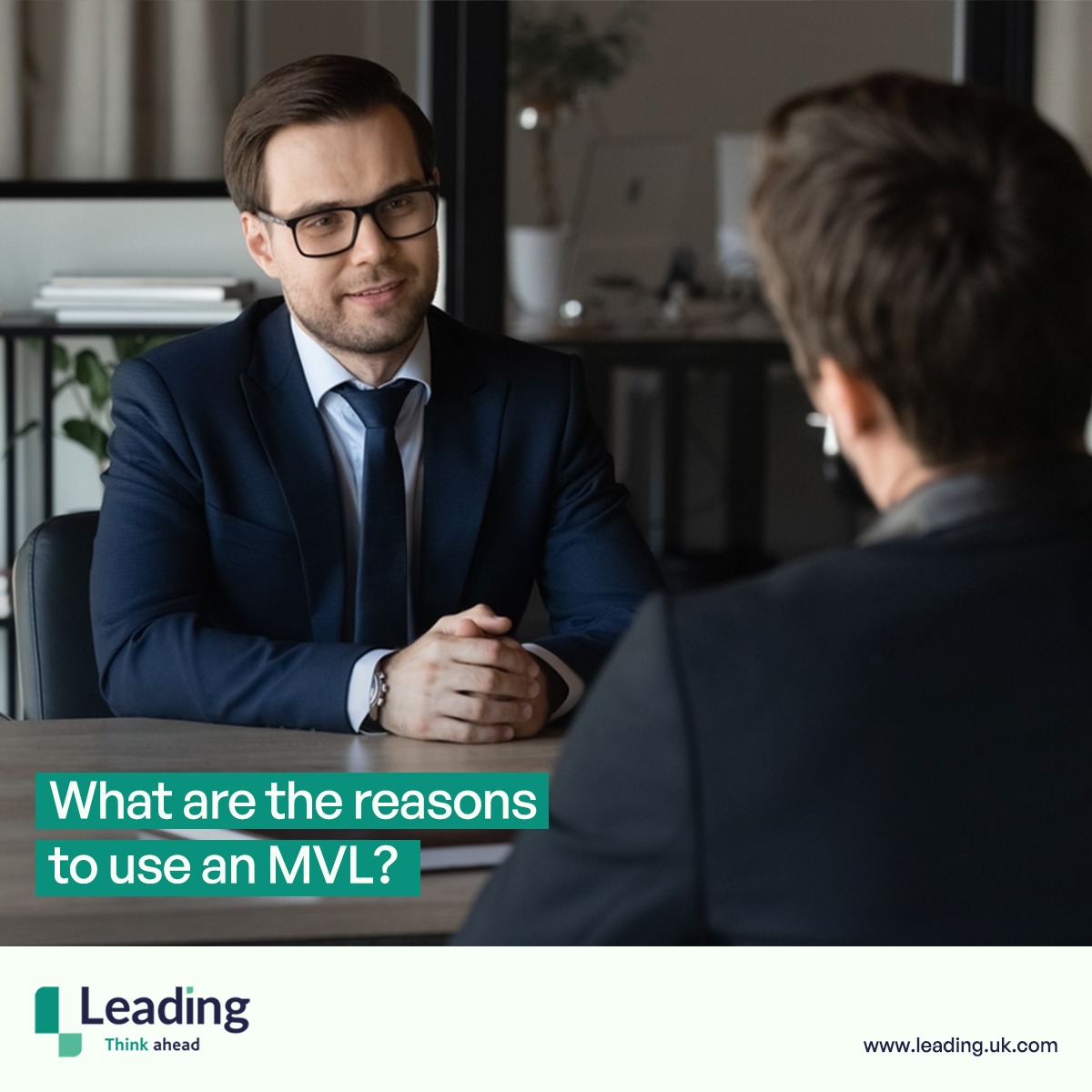Best Insolvency Service in Norfolk & Suffolk
As businesses start to emerge from the coronavirus pandemic, the reality of government backed loans, furlough schemes and lost revenue is starting to bite. Couple that with rising energy costs, interest rates going up and inflation predicted to hit 8%, the number of companies struggling with debt is growing. Recent statistics report that in January [...]








